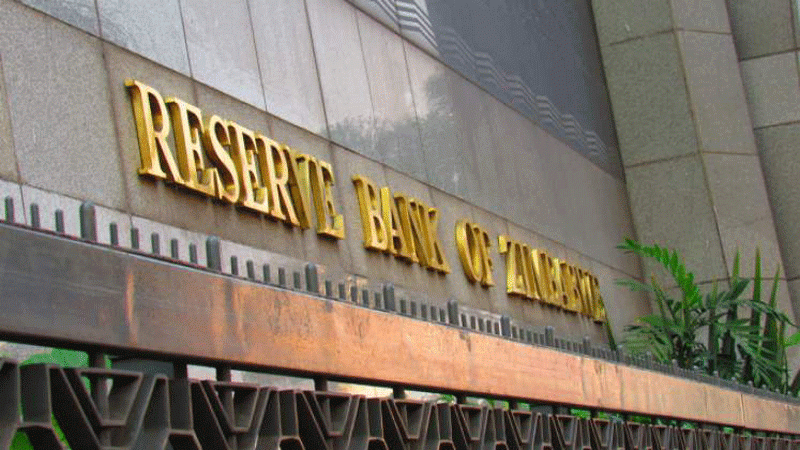
THE International Monetary Fund (IMF) recently presented a report concluding its consultations with the government of Zimbabwe.
Key highlights from the report, which are likely to weigh down on the country’s economic prospects, include unsustainable debt overhang, external shocks which include drought and subdued global commodity prices and the snail pace on economic reforms.
The IMF noted that the country’s economic growth target is likely to slow down to 3,5% in 2024, from the anticipated 4,8% as a result of exogenous shocks which include weaker global demand for minerals and the anticipated drought.
These factors will have a negative bearing on the Zimbabwean economy because 92% of the country’s total foreign currency is generated from the mining (70%) and agricultural (22%) sectors.
To make matters worse, as a result of the anticipated drought, cost of food imports is expected to worsen the country’s foreign exchange position.
Past statistics show that whenever the country witnesses severe drought, the import bill for cereals averages around US$500 million.
In 2024, the import bill is likely to exceed US$700 million as global food prices have surged by about 50% due to the Russia-Ukraine war.
The country’s debt overhang is likely to worsen the overall economic position.
- Renault hands Russian assets to Moscow
- Village Rhapsody: How Zimbabwe can improve governance
- New perspectives: Building capacity of agricultural players in Zim
- Village Rhapsody: Engage men to end gender-based violence
Keep Reading
The IMF, like the African Development Bank’s conditions for Zimbabwe on debt resolution, called for the country to strengthen its economic governance and reforms.
From the looks of things, debt restructuring will remain a pipeline dream as the country’s leadership has deepened violation of the Constitution through the use of temporary presidential powers and a multiplicity of unprocedural statutory instruments.
This, together with the disputed elections, will make the country’s chances of securing debt resolution very slim.
Zimbabwe is anticipated to go into 2024 with a higher risk premium which makes it difficult for the country to secure fresh lines of credit.
Zimbabwe should focus on building economic shock absorbers and economic resilience by building a strong production base.
This entails building strong institutions, good governance and market-oriented reforms.
Exchange rate liberalisation and abolishing command agriculture in favour of value chain financing and scrapping of export retention is the prudent route.
Sadly, as noted by the IMF, the Reserve Bank of Zimbabwe runs massive quasi-fiscal operations and exchange controls, which when combined, breed fertile ground for rent-seeking behaviour and arbitrage opportunities which discourage production.
The Zimbabwe 2024 economic outlook is gloomy because of a combination of factors such as debt overhang, contested elections, lack of political reforms, anticipated liquidity crunch, costly food imports and low receipts from commodity exports.
The year 2024 is likely to be characterised by sharp decline in aggregate demand, shrinking of companies’ cashflows, company closures, rising unemployment and poverty levels.
- Professor Gift Mugano (Ph.D.,) is a professor of economics and director at the Centre for African Governance Development at the Durban University of Technology, South Africa







